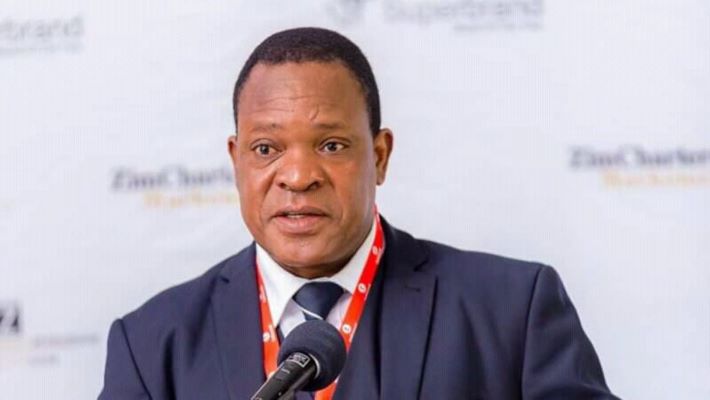
BY PRIVELEDGE GUMBODETE GOVERNMENT yesterday said it would set up 9 000 field schools for farmers to improve the country’s agricultural extension services.
Addressing a Press conference in Harare, Lands and Agriculture minister Anxious Masuka said government had upgraded its agricultural extension 2.0 training module into the agricultural education for development module to empower communal farmers.
Under the new module, Agritex officials would be expected to carry out lessons in groups of 300 farmers.
“We also are going to establish 5 000 farmer field schools. Each Agritex officer will lead in practice. In the past, we had Agritex officers as extensionists and trainers,” Masuka said.
“Now we have changed our whole extension system from agricultural extension 2.0 for extension and training to agricultural education for development, to include entrepreneurship, innovation, research and development.
He further said: “The Agritex worker will lead in a farmer field school and their 300 farmer group and they will teach best management practices. For veterinary services; that is, livestock, we will have 4 000 farmer field schools – one at each dip tank… where best practices are taught, for instance, how do l apply tick grease, how do l do household manufacturing or processing my household feeds so that farming becomes a business.”
Masuka also indicated that government was undertaking the accelerated Irrigation rehabilitation and development programme (AIRDP) as one of the enablers for the agriculture and food systems transformation strategy.
“We are doing the AIRDP where in the next three years we anticipate that we will have 350 000 hectares under irrigation. We must be able to do at least 50 000 hectares each year. We are slightly behind.
- Chamisa under fire over US$120K donation
- Mavhunga puts DeMbare into Chibuku quarterfinals
- Pension funds bet on Cabora Bassa oilfields
- Councils defy govt fire tender directive
Keep Reading
“We have resources this year for 25 000 hectares and we are beginning to mobilise additional resources under the irrigation development alliance,” he said.
- Follow us on Twitter@NewsDayZimbabwe










